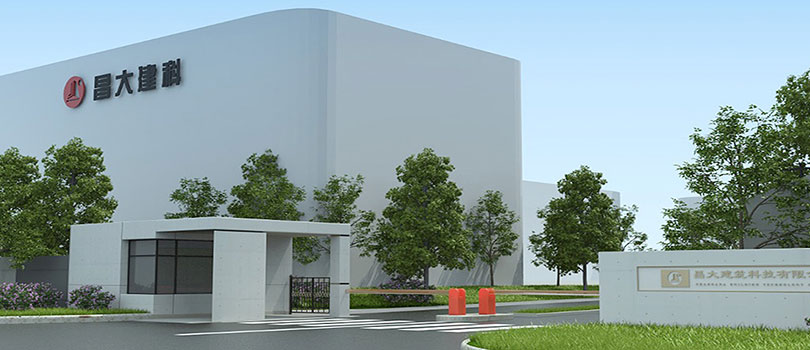研发 · 产品
公司对外供应PC部品、钢筋半成品、轻体墙板、钢构件、商品混凝土、机制砂、干混(粉)砂浆、保温材料等建筑配套物料。





米乐平台(中国)股份有限公司官网,位于美丽的风筝之都——潍坊,由潍坊昌大建设集团与山东高创建设投资集团有限公司联合出资建立。昌大建科注册资金3.5亿元人民币,占地面积461.5亩,所开发的项目总投资16.15亿,主要从事预制装配式建筑产品设计拆分、产品研发、部品制造、物流配送、现场装配等方面的工作,是具有高科技水平的建筑产业现代化企业。公司对外供应PC部品、钢筋半成品、轻体墙板、钢构件、商品混凝土、机制砂、干混(粉)砂浆、保温材料等建筑配套物料。昌大建科拥有独立的技术研发中心,BIM中心,能为用户提供集设计、制造、运输、装配,装饰,智能化家居等一体化的建筑产业现代化解决方案。

@Copyright 2019 米乐平台(中国)股份有限公司官网 All Rights Reserved. 鲁ICP备15025207号-1  鲁公网安备 37079402001514号
鲁公网安备 37079402001514号
客户热线:4009028299